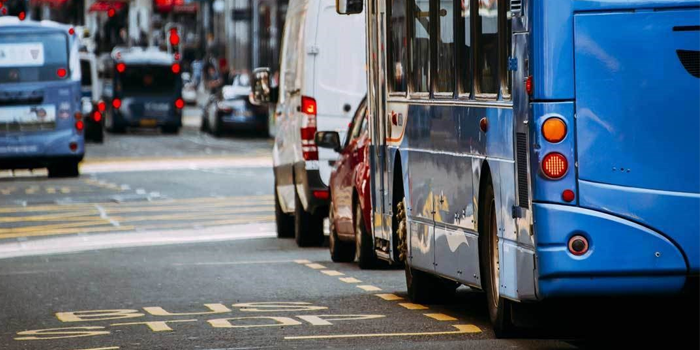May 14 2024
Combined authorities need to deliver on BSIP plans and start appreciating the role of our coach services, says CPT CEP Graham Vidler.
Our President’s Route One column this month highlights some of the issues we’re grappling with ahead of the much-anticipated general election.
However, this month’s elections of the metro mayors of London and nine combined authorities across the North and Midlands of England are arguably just as important for the future of our industry.
Whether it’s Mayor Khan and his plans to introduce a publicly owned operator into the London market, Mayors Parker, Brabin, Coppard and Rotheram at various stages on their paths to franchising, or the creation of new combined authorities in the North East, (most of the) East Midlands and York and North Yorkshire, these elections matter to our industry.
Of all bus journeys in England, 77% are made in the patches of these 10 metro mayors and each of them — with the exception of London’s Mayor — has the funding they need to transform local coach and bus services.
The Confederation of Passenger Transport (CPT) has written to each of the winning mayors with some simple messages setting out the contribution of coach and bus to their policy priorities.
That’s a contribution not just to transport policy but also to their aspirations for local economic growth, skills development, environmental targets, and the whole task of making the cities and regions they represent better places in which to live, work and study.
I’ve set out the continuing readiness of operators to work in partnership in pursuit of mayoral ambitions.
Further, working with members across the CPT regions, I’ve drawn on our national manifestos for coach and bus – Access All Areas and Driving Britain Forward – to highlight the key policy areas where mayors can help us to help them.
Each of them — with the exception of London’s Mayor — has the funding they need to transform local coach and bus services – Graham Vidler
On bus, this can be simply put as: deliver your Bus Service Improvement Plan (BSIP). Each of the mayors has worked with operators to develop plans to transform local bus services and, whatever stage they’re at in regulatory reform, they now need to get on with delivery.
Of course, funding has been an issue and none of the mayors received anything like the BSIP funding they bid for.
But, on the capital side at least, each now has funding through either city region sustainable transport settlements or local transport fund allocations that are more than adequate to deliver all of their BSIP aspirations.
So, I’m calling on each mayor to deliver all of the bus priority measures outlined in their BSIPs and to target the 10% improvement in bus speeds we called for in our national manifesto.
The only thing stopping them would be a lack of political will to pursue their ambitions to shift some journeys from car to more sustainable modes.
On coach, I see the local transport planning role of mayors as critical. In most of the combined authorities, local transport plans are due for a refresh and it’s a great opportunity to correct the omission of any thinking at all about coach services from most of them.
My letter highlights the importance of coach services to both local residents and businesses and calls for joint work to identify current parking shortfalls and evaluate the potential for future growth.
Why do we let taxis in bus lanes but not coaches? – Graham Vidler
It’s the type of work I’ve been so impressed with in the coach strategy produced by Western Gateway (the sub-national transport body formed by an alliance of eight local authorities and one combined authority in south west England).
I also highlight the opportunity for some quick wins, like opening up bus lanes to coaches by default — except where there’s a specific reason not to. As one mayoral candidate said to me recently, why do we let taxis in bus lanes but not coaches?
As we stand on the brink of a good opportunity for coach and bus, I look forward to engaging with all the mayors on behalf of our members.
First published 13 May 2024 Route One magazine. Updated May 16.
